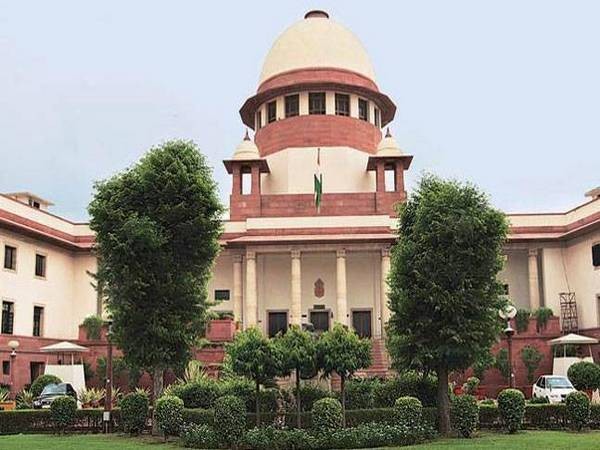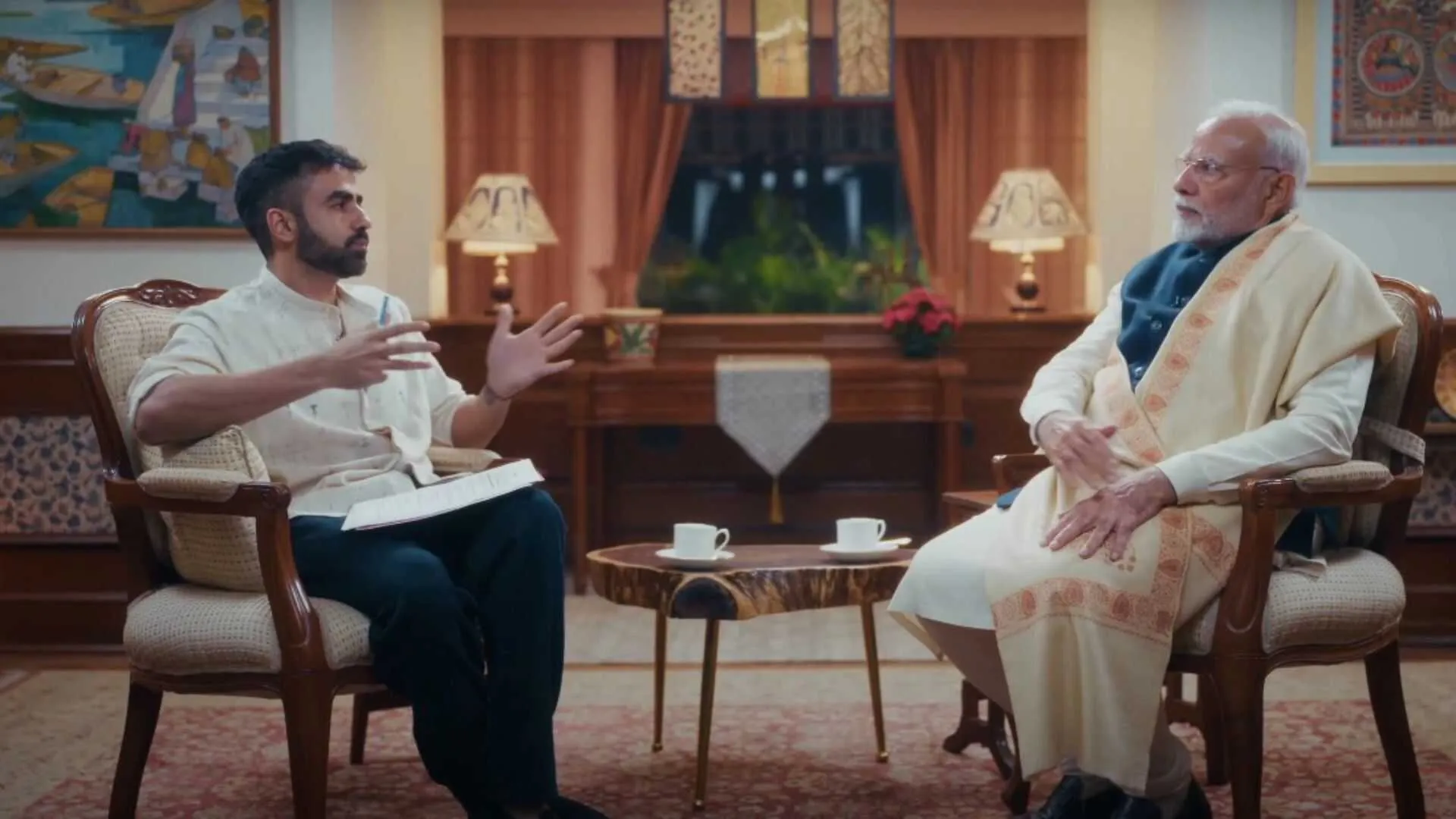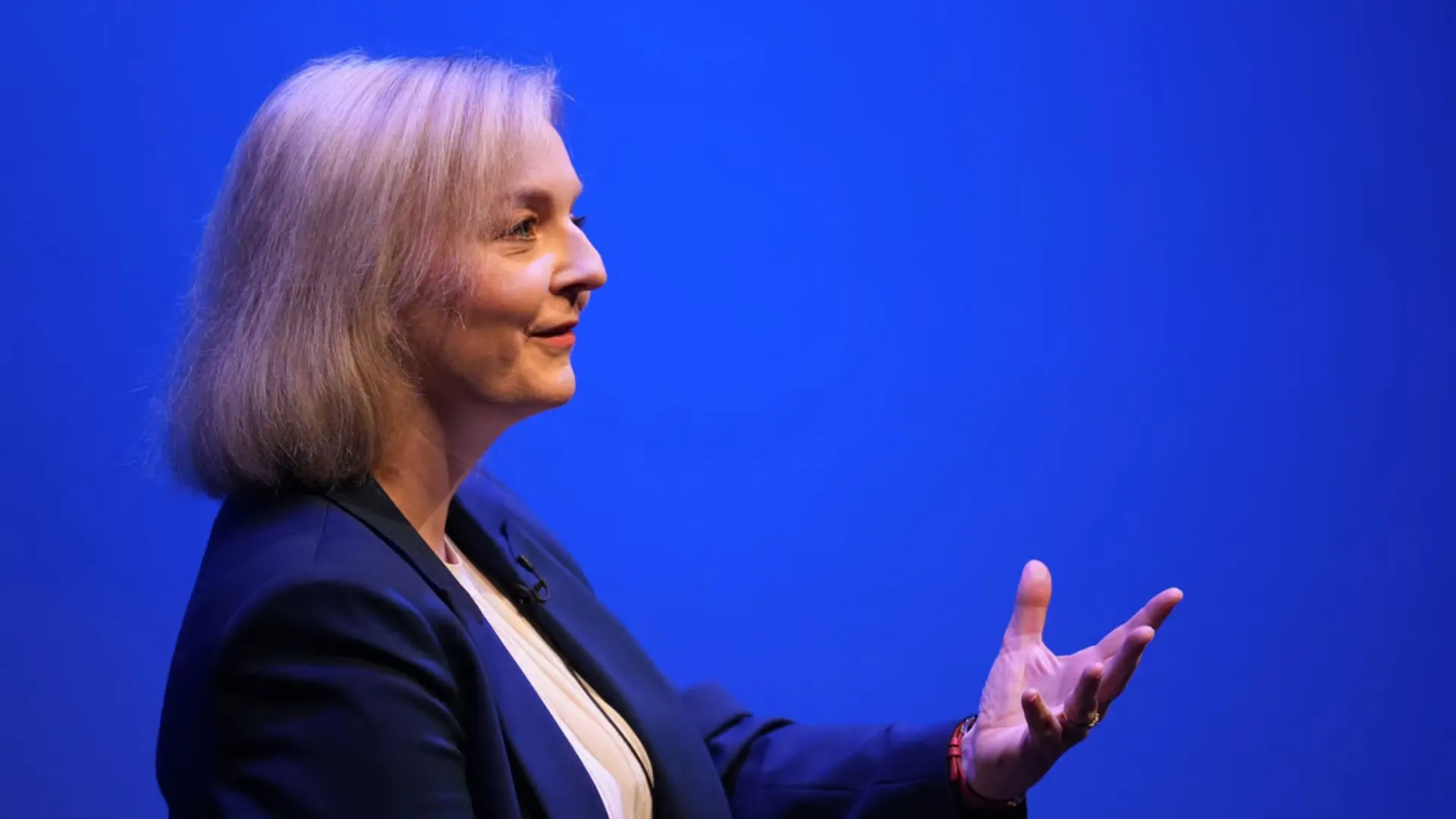The Supreme Court on Monday declined to grant permission for the termination of pregnancy to a married woman, who is a mother of two, as her pregnancy had exceeded 26 weeks and the AIIMS medical board found no abnormalities in the foetus.
A bench led by Chief Justice D.Y. Chandrachud said that the duration of the pregnancy had surpassed the permissible 24-week limit for Medical Termination of Pregnancy (MTP). The court further noted that the foetus was 26 weeks and 5 days old, and the mother was not facing an immediate threat. Additionally, no foetal abnormalities were identified.
The apex court stressed that the legal challenge to the pregnancy termination law would be addressed separately, while the present case would solely address the matter between the petitioner and the State. Previously, the court had requested a report from the AIIMS medical board to determine whether the foetus had any abnormalities.
The case revolved around the Centre’s application to reverse the Supreme Court’s October 9 order, which had allowed a 27-year-old woman, a mother of two, to undergo pregnancy termination at AIIMS due to her post-partum psychosis after her second child’s birth.
According to the Medical Termination of Pregnancy (MTP) Act, married women, special categories such as rape survivors, vulnerable women like the differently-abled and minors, have an upper limit of 24 weeks for pregnancy termination.
The top court grappled with the ethical dilemma of whether to permit the woman to terminate her 26-week pregnancy, balancing the rights of the unborn child with the woman’s right to bodily autonomy. The dilemma emerged after one of the AIIMS medical board doctors, who had examined the woman and submitted a report on October 6, sent an email on October 10 indicating a strong possibility of the foetus’s survival. This matter reached the bench led by the Chief Justice following a split verdict by a two-judge bench regarding the Centre’s plea to reconsider its October 9 order granting permission for the woman to terminate her pregnancy.























